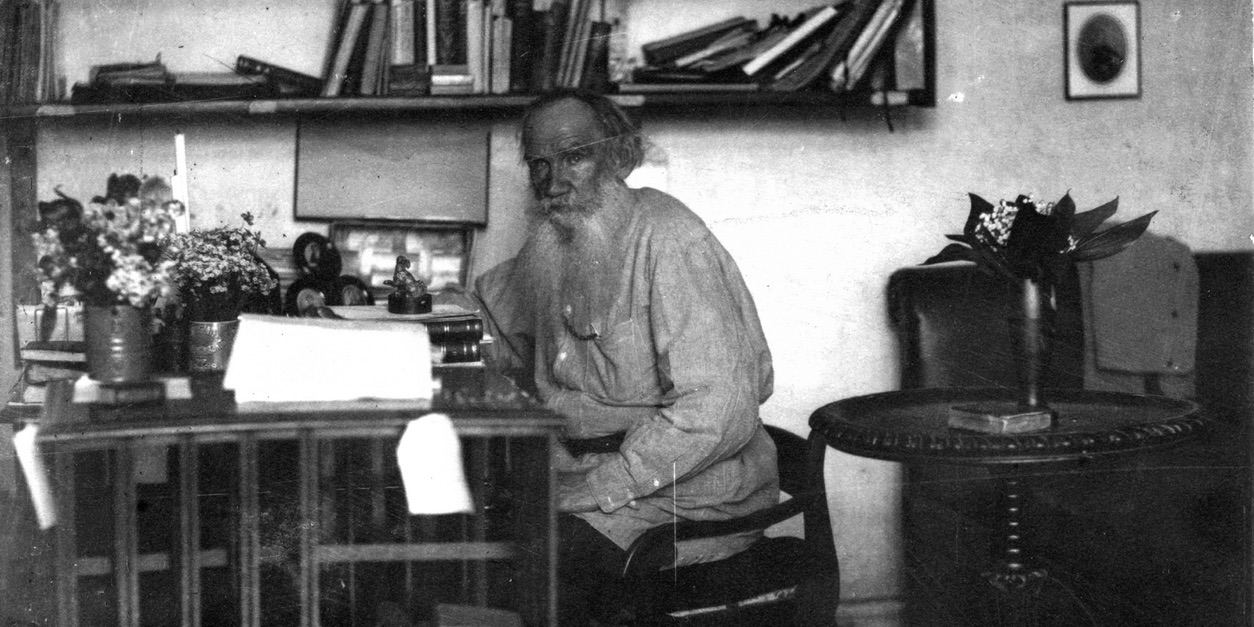Things Fall Apart
From a notebook: On War and Peace, 3

“Everything flows; nothing remains,” is how Guy Davenport rendered the most famous maxim of Heraclitus, immediately annotating his translation with bracketed alternatives—“[Everything moves; nothing is still. Everything passes away; nothing lasts.]”—and following these with a formulation nearly as well known: “One cannot step twice into the same river, for the water into which you first stepped has flowed on.”
Heraclitus came to mind as I came upon, in War and Peace, a passage about Prince Andrei Bolkonsky’s ennui in the aftermath of his ill-fated engagement with Natasha Rostov:
Before, too, there had been the same conditions of life, but before they had all cohered, while now everything had fallen apart. Nothing but meaningless phenomena, without any connection with each other, presented themselves to Prince Andrei one after the other.
“The most beautiful order of the world is still a random gathering of things insignificant in themselves,” Heraclitus also wrote (again, the translation is Davenport’s), and I thought of it immediately when I read Tolstoy’s description of Andrei’s state, and then couldn’t help but also think of the ancient philosopher’s assertion of the primal truth of flow and motion, each of which supply life with not only change but with coherence: time, if nothing else, connects random phenomena into an order that supplies connection, if only by coincidence, and significance insofar as our personal narrative makes sense to us and coheres around action, love, or purpose. Once that narrative current flags, or fails to connect one day to the next along some impulse that transcends time, or seems to, even as it is carried along with it, then things fall apart, and the world’s eternal flux is nothing more than a machine for dissipating meaning. Our only defense against randomness, or against the tide in which things pass away and leave no trace, is our own story, whether we inscribe it in memory or feeling; when that story is interrupted, or we lose our own faith in it, a caustic fatalism holds us hostage, just as it grips Andrei: “I’m going to the army—why? I don’t know myself, and I wish to meet a man whom I despise, in order to give him an occasion to kill me and laugh at me!”
Which is to say things cohere only by our efforts to give them a fictive—but by no means false—energy. What Prince Andrei Bolkonsky needs is the prescription given to a protégé by the character Eliza in Neal Stephenson’s novel, The Confusion:
Pay attention, that’s all…. Notice things. Connect what you’ve noticed. Connect it into a picture. Think of how the picture might be changed; and act to change it. Some of your acts may turn out to have been foolish, others will reward you in surprising ways; and in the meantime, simply be being active instead of passive, you have a kind of immunity that’s hard to explain—
